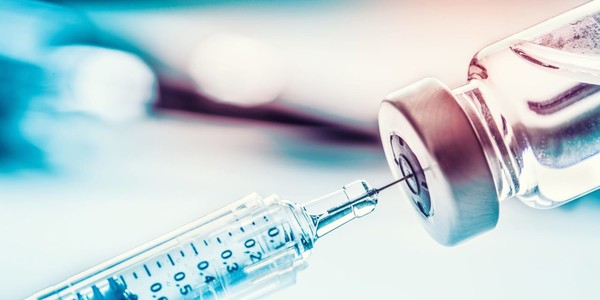In February, when Korea began to import Covid-19 vaccines, health officials believed the use of treatments would significantly fall.
Since the Delta variants played a pivotal role in triggering the fourth viral wave, the authorities emphasize the importance of developing therapies.
As recently as five months ago, a dominant view was that the use of treatments would diminish as the number of immunized people would continue to rise, and new virus cases decline. However, according to industry executives, the delta variant has reversed the situation and intensified the infections worldwide.

Delta variant is far more contagious than compared to the existing strains.
On July 21, Telcon RF received regulatory approval to carry out a phase 1 clinical trial of lenzilumab as a Covid-19 treatment. The Ministry of Food and Drug Safety has approved seven clinical trials since the country first received the vaccine. As a result, the total number of clinical trials for developing Covid-19 treatment has increased to 42.
Telcon RF plans to evaluate the safety, tolerability, and pharmacokinetic profile of lenzilumab in 20 healthy adults at Seoul National University Hospital and compare them with the results of Western studies.
Lenzilumab is a Covid-19 drug candidate introduced by Telcon RF from Humanigen, a clinical-stage biopharmaceutical company in the U.S., which is conducting phase 3 clinical trials in the U.S. and Brazil to treat lung damage caused by Covid-19.
Prior to Telcon RF, Daewoong Pharmaceutical's DJ1248, GC Wellbeing's Laennec, Chong Kun Dang's CKD-314, GSK's VIR-7831, Korea United Pharm's UI030, and Quratis' QTP104 also received authorization to run clinical trials.
Drug developers who have started new clinical trials plan to confirm how effective the treatment candidates are against variants, including the Delta strain. The same goes for those that did not achieve satisfying results in previous clinical trials.
Celltrion said that it confirmed improved effect compared to the control group, as shown by fall in titer among those treated with Regkirona-treated group and the prevented weight loss in a recent efficacy test on rats conducted by the Korea Disease Control and Prevention Agency.
"An effective treatment is vital as the spread of Covid-19 is intensifying due to the variant strains," a Celltrion official said. "We will continue to verify the response to variants so that Regkirona can be administered to patients and speed up the development of therapeutic agents with improved administration convenience."
Korea United Pharm also revealed its results on July 19, saying that the inhalation formulation UI030, which is being developed for Covid-19, has an antiviral effect against the delta variant.
UI030 showed a superior antiviral effect in the delta variant in the study than in the GH strain. The drug demonstrated more than five times higher efficacy at a certain point in time, the company explained.
"Unlike vaccines and antibody treatments mediated by spike protein, UI030 can be expected to have a broad therapeutic spectrum due to the drug's mechanism," a Korea United Pharm official said. "We are looking forward to developing a therapy that is effective against various mutated strains, including the delta."
Daewoong Pharmaceutical failed to secure statistical significance in the phase 2a clinical trial of Hoystar in 2020. The company enlarged the scale of clinical studies to recruit 300 people and ran a phase 2b clinical trial. The administration was completed in June, and the company plans to apply for conditional approval in the third quarter of 2021.
Chong Kun Dang also conducted a phase 2 clinical trial for Nafabeltan on 102 patients and applied for conditional approval to regulators in April. However, the regulator turned down the request, requiring more clinical data on the drug. In response, Chong Kun Dang recruited 586 subjects and entered phase 3 clinical trials.
Chong Kun Dang expects that the same treatment mechanism would work on the mutated virus. Institut Pasteur, which discovered the potential of Nafabeltan as a therapeutic agent, recently said an analysis of the study showed that the nafamostat component mechanically showed the same degree of efficacy regardless of the variants.

